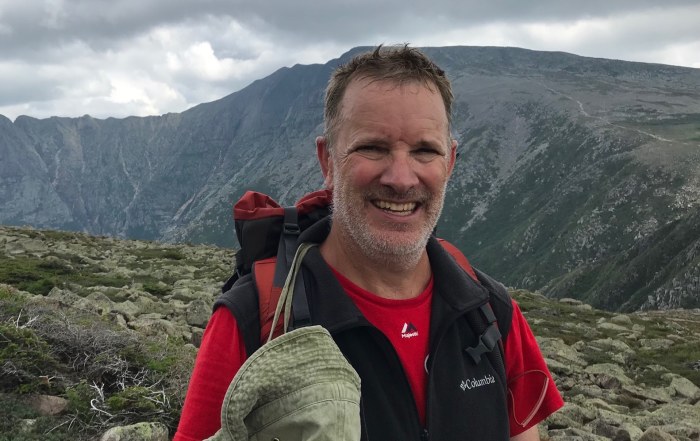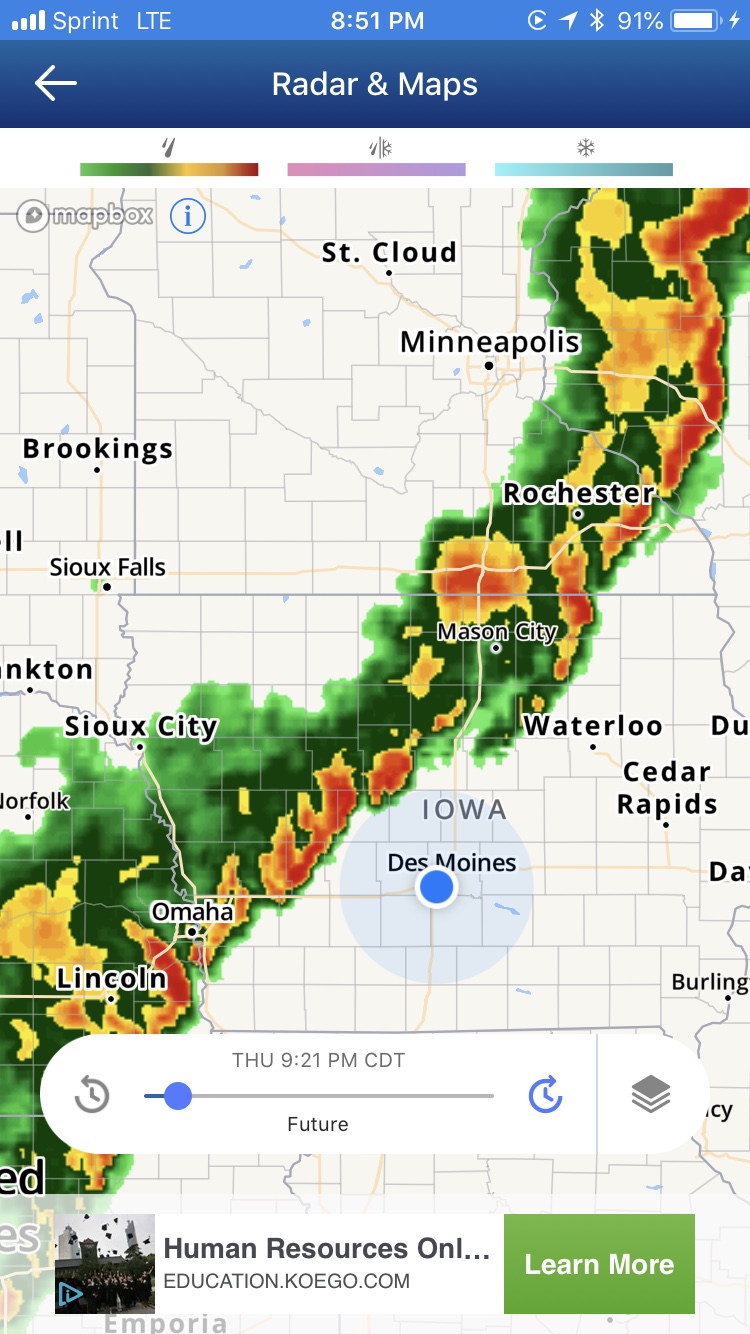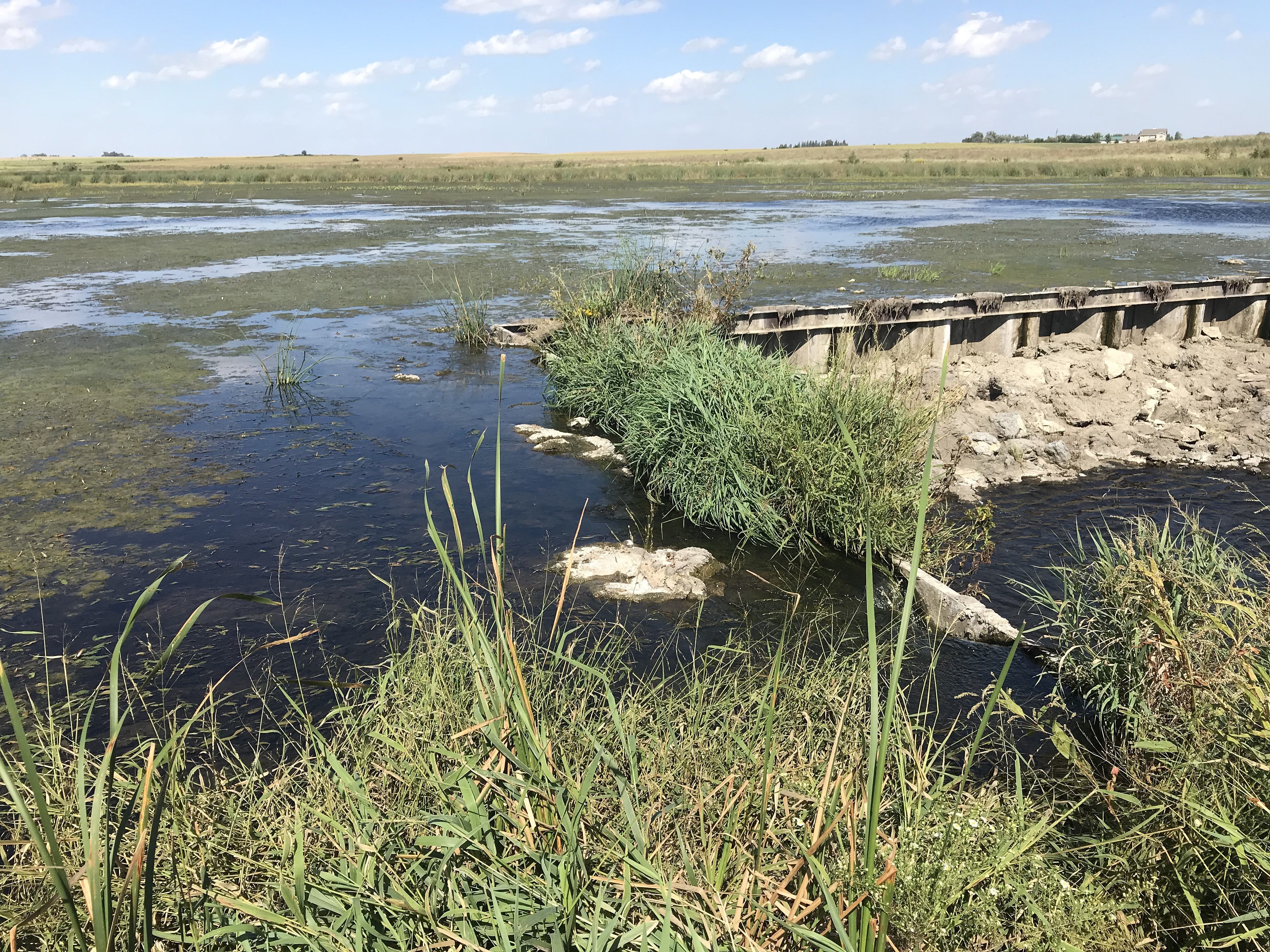John Norwood thinks “Polk County can be a leader in applying innovation to how we install, pay for, and scale our conservation infrastructure.” He is one of three candidates for two seats on the Polk County Soil and Water Commission, a non-partisan local board that decides how to use federal and state conservation funds. -promoted by desmoinesdem
Hello Polk County Neighbors,
Intense rainfall events like the one Des Moines and Ankeny recently experienced this summer are increasing in frequency, and their negative impacts on our soil health and water quality are being felt locally and downstream. Meanwhile, 100 year and 500 year flood events are happening with more frequency and causing million of dollars in damage.
I’m running for our Polk County Soil and Water Commission. My platform is to clean up the water and hold our soil in place. Remarkably, very little has been done in our county to address ag tile water, which is the primary source of nitrogen in our surface water, according to University of Iowa Experts.
The State of Iowa has identified about 1,300 suitable locations statewide for Conservation Reserve Enhancement Program (CREP) funded wetland systems that can filter water and provide valuable wildlife habitat — each wetland system can filter and clean runoff from 2,000 to 4,000 acres.
In Polk County where we farm corn and beans, we have 18 potential CREP wetland locations. How many have we completed to date? ZERO. Yes, that’s right. And if we are able to install these 18 systems for about $5 million, Iowa Department of Natural Resources experts tell me we could service about 40,000 acres of corn and bean ground. Now that’s a small piece of the 23 million acres we farm to corn and beans in the state, but it’s a start.
We also need a more focused and sustainable strategy for introducing and sustaining cover crops. They work in some places better than others. Currently, we have a “let’s get everyone to try this” approach, which may actually cause as much harm as good when you consider the failure rate is about 50 percent (defined as farmers continuing the practice after the subsidy is withdrawn).
I’d like to change our zero-for-18 record and make Polk County a leader in best practices. With our county’s high visibility position in our state’s geographic, political and population center, what we do here can have ripple affects across the state. We need to show how we can work across property lines, political boundaries and magnify our successes at scale with landowners, particularly those who are in drainage districts since they control about 6 million acres of drainage with another 6 million acres being drained by tiling outside of official districts.
With vision and determination, we have the resources and visibility to lead on this area of expertise. My vision includes a “County Scorecard” so county residents and other stakeholders across the state can quickly understand the progress being made in each county when it comes to conservation infrastructure and practices. We should have one for each county. No more guess work or “I don’t knows” when we ask basic questions like how many acres of productive farmland are we filtering? Or do we have any drainage districts in Polk County?
I have a long history in water, finance, agriculture, etc. I’m a big picture, strategy person, who likes to work across the aisle and build coalitions that can work cooperatively, innovate, and get things done. Feel free to email me at john@tblventures.com or call me at 515-556-9765 if you’d like to learn more.
I need your help in getting my message out. We’re on the back of the ballot, and I am in the only contested race on the back of the ballot.
Sincerely,
John Norwood
West Des Moines
Candidate for Polk County Soil and Water Commission




1 Comment
Mr. Norwood sounds enthused, determined, and knowledgeable, and I wish him well!
I have some familiarity with the Iowa SWCD system, however. And what I know is frustrating. Across Iowa, the staff are too few and overwhelmed with work. The system itself is not only underfunded but seems mostly designed to protect the status quo, not transform it in the ways it badly needs to be transformed.
As one small example, recent federal privacy laws mean that county SWCD commissioners are not even allowed to find out which landowners and producers in their counties are doing farm conservation. (That alone’makes kind of a joke out of the “local oversight” the system is supposed to provide.) I heard a rumor that in at least one county, commissioners are still getting landowner/producer information, but technically they are breaking the law.
Commissioners are very limited in what decisions they can make and how much funding they can make decisions about. And across the state, many SWCD commissioners are conservative, which means that state resolutions that have the potential to significantly improve farm conservation in Iowa rarely get passed at state meetings.
And of course a voluntary-only farm conservation system is seriously hobbled to begin with. Compare the impressive water-quality progress being made in the Chesapeake Bay, where farmers are being required to make conservation changes, with the progress that is happening (or much more accurately, not happening) in Iowa and the Gulf.
If Mr. Norwood is elected, and I hope he will be, I hope he will write another column for BLEEDING HEARTLAND at the end of 2019 about the Iowa SWCD system and what he thinks of it. I’m not a commissioner, and the commissioners I know do not feel they can safely speak out about some of the problems in the system.
But a frank public appraisal of the system is overdue. And if Mr. Norwood finds ways to accomplish big things in spite of the system barriers, that would be wonderful and definitely worth knowing about.
PrairieFan Mon 1 Oct 9:43 PM
Comments are closed.